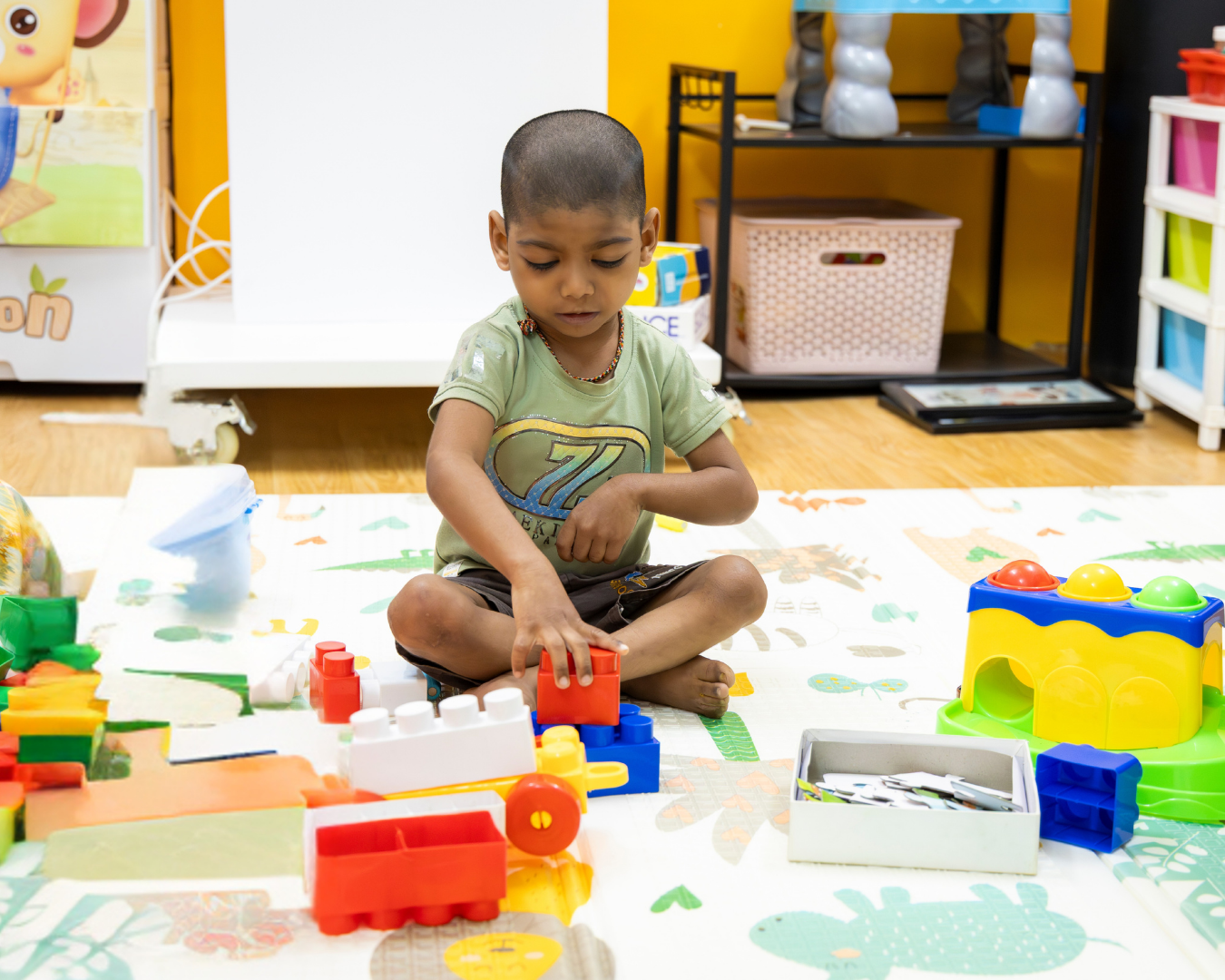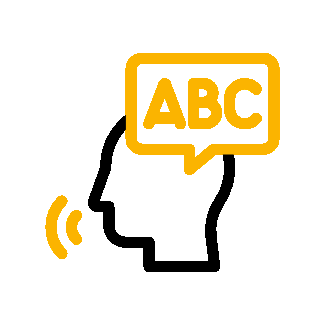Our Services
Every child’s needs are different. We support children with a range of developmental and learning needs, including:

What we do
GROW's multi-speciality center is designed for structured learning, sensory development, and therapy-based interventions, all under an integrated facility.

How we do
Each child receives an individualised tailored plan based on one’s assessment and learning needs. We adopt a real-life, application-focused approach for building functional, emotional, and social skills.
GROW Development Center
Our child development center, GROW, provides accessible, affordable and all-inclusive interventions in areas such as:
- Attention
- Cognition
- Fine motor control
- Gross motor skills
- Language
- Phonological awareness
- Sight words
- Social skills
- Sensory integration
- Socio-emotional regulation

Explore Our Services

Early Intervention (Age 0-5)
Offer targeted support w.r.t. specific developmental issues and delayed milestones at an early formative stage.

Speech & Language Therapy
Enable children to express and communicate, address speech disorders and improve social communication.

“After School” Therapy
Provide additional support for children with academic and social challenges to align them with their peer group.

Remedial Education
Help children who struggle due to cognitive, developmental and behavioural challenges or delayed milestones.

Diagnostic Assessments
Conduct a thorough evaluation to observe variations in a child’s communication, learning, or behavior that indicate a concern.

Child Counselling
Make a child capable of continuing academics, build self-confidence, and adjust effectively to their social environment.

Parent Training & Support
Guide parents in understanding their child’s strengths, needs, and learning style and create awareness and extended home support.

Social Group Therapy
Help children improve their social interactions and communication where they can express their thoughts and feelings, and learn from each other.

Occupational Therapy
Support children in improving motor skills, sensory processing, emotions and behavior, and gain greater independence in everyday life.
Let’s Talk. We’re Here to Help
Every child’s journey is different and challenges unique.
If you have questions about your child’s development, learning, behaviour or are looking for clarity, we are here to listen and support.
Chat with our team and understand the next step for your child.

